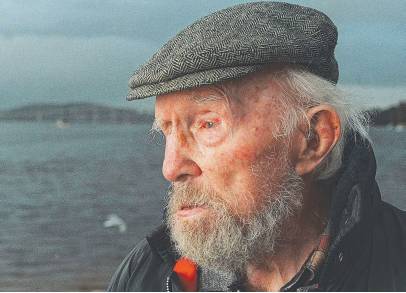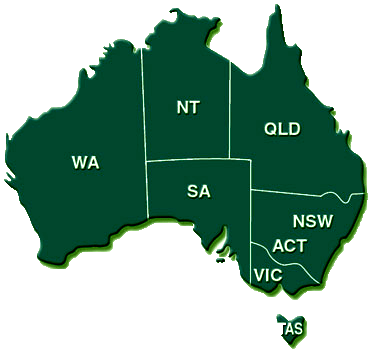MANY Australians still remember that absurdly youthful face of Alec Campbell peering out from the front page of newspapers after he died in May 2002.
 The “Last Anzac’’, who joined up at the age of 16 in 1915, was the final living link Australia had to perhaps our most enduring and powerful foundation myth – Gallipoli.
The “Last Anzac’’, who joined up at the age of 16 in 1915, was the final living link Australia had to perhaps our most enduring and powerful foundation myth – Gallipoli.
In a few short years, we’ll see another front-page, black-and-white photo. It will be of another youthful face sporting a jaunty grin and wearing a slouch hat at a rakish angle, the background depicting the jungles of Papua New Guinea or perhaps the brown deserts of North Africa.
Inside the paper and on millions of morning television screens will appear, adjacent to the ancient photo, colour portraits of a dignified old man wearing a sports jacket festooned with medals.
And, as we read about the death of the last Australian World War II veteran, we’ll feel a stab of poignant sorrow deep within.
We’ll ponder the horrors of war, the nobility of sacrifice and the whole transient, evanescent and inconstant nature of human existence.
And then we’ll turn to the sports pages.
It’s not that we don’t honour our war veterans. We do.
On a per capita basis, the Anzac Day crowds of April 25 possibly outshine the participation rates of Americans, who put aside not one but two days a year to honour their military vets – Memorial day and Veterans Day.
We can even (especially if we are politicians anxious to wrap ourselves in a flag of patriotic virtue) bestow upon anyone who dons a military uniform a righteous stamp of morality they don’t always deserve.
Yet it’s clear we can also take military service for granted, mouthing platitudes about the honour of taking up arms then failing utterly to provide assistance to those who do.
Last week, we were told veterans of the Battle of Long Tan could not march through Central Brisbane on the battle’s anniversary because of logistic problems related to Anzac Square renovations.
No one was at fault. All those engaged in the process – from the Queensland Police to the Brisbane City Council to the vets themselves, acted in good faith to resolve the problem.
Yet, somehow, the 52nd anniversary commemorations of one of the most important Australian military engagements of the past half century was limited largely to a handful of events across provincial towns.
Earlier this year, it was revealed that the Brisbane Anzac Day Combined Parade Committee who were looking for a few extra dollars (they need an extra $35,000 a year), were told by the Queensland Government to consider putting the begging bowl out to the private sector to take up the shortfall.
And just three years ago, I was intrigued to learn, while interviewing a WWII veteran who fought in the Battle of Leyte Gulf, about his struggle to obtain a disability pension.
“Ken’’ had lost both legs as the result of a ship board accident (not involving enemy fire) while serving in combat zones during WWII. Yet, for years the Department of Veterans Affairs argued with him over whether he qualified for a pension.
He won his case only because his wife found letters Ken had sent her (his then girlfriend) during the war years detailing the accident and its impact on his health. It struck me as an unseemly bout of bureaucratic churlishness given Ken had faced down kamikaze planes as he helped the Americans fend off the Japanese advance near the Philippine island of Leyte in October 1944.
Australia is a long way from the Roman ideal of the warrior. It can’t be disputed that in the years following WWII, the status of the military plummeted. Once military men (and they were almost exclusively men) dominated leadership positions in their communities and carried their honorifics (colonel, major etc) into civilian life, especially in rural parts of Australia.
Now, they are often ignored.
We might need a rethink of our attitude to those of us who, whatever their own personal motives or goals, perform one of the most difficult jobs on earth.
It’s clear we can also take military service for granted


